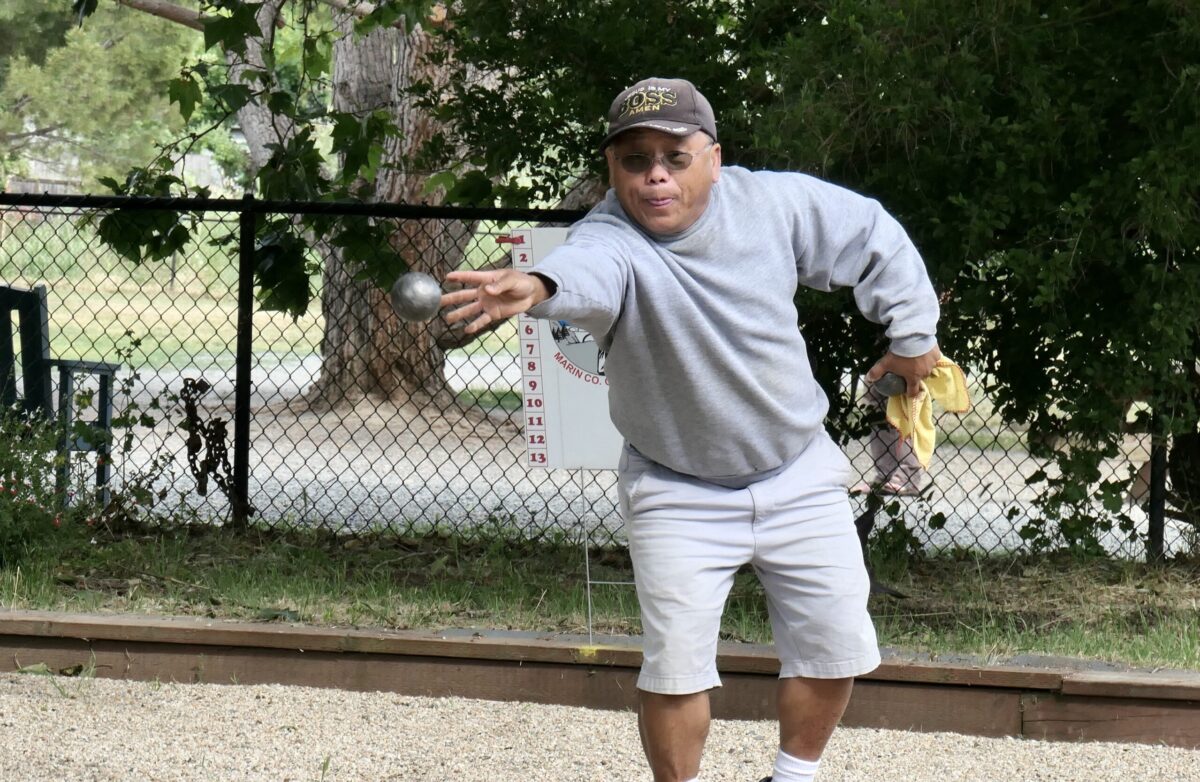 Like thousands of Americans, I am a foreign-born individual. In other words, I was born outside the United States, and English was not my mother tongue. Later, when I moved to California, my first major hurdle in the US became mastering English, or at least, understanding (and timidly uttering) the local lingo.
Like thousands of Americans, I am a foreign-born individual. In other words, I was born outside the United States, and English was not my mother tongue. Later, when I moved to California, my first major hurdle in the US became mastering English, or at least, understanding (and timidly uttering) the local lingo.
As everybody who tries to learn a second language knows, it is not easy. Correct pronunciation is the key to being understood by the natives. But before pronouncing any word, it is essential to know how to spell it properly, and many immigrants fail to understand this. They ape words the best they can, trying to reproduce what they have heard before without solid foundations.
Pronunciation is more than just the simple act of speaking words aloud; it refers to how a word or language is spoken, including the articulation of individual sounds to the rhythm and melody of speech.
Mastery of pronunciation is vital for clarity, credibility, and effective interaction, whether one is addressing a crowd, engaging in conversation, or performing on stage.
The key to mastering any discipline is to be inquisitive and mindful of guidance. Never be offended if somebody corrects or questions your speech. Listen, question, and learn. Better to be misunderstood once than to be perpetually on the wrong end of a stick.
The importance of pronunciation extends beyond mere understandability. It influences how speakers are perceived, their confidence in using a language, and their ability to connect with others. Poor pronunciation can lead to misunderstandings, frustration, and barriers in social, academic, or professional contexts. Conversely, good pronunciation facilitates smooth communication and opens doors to deeper relationships and greater opportunities.
In summary, pronunciation is a multifaceted skill encompassing articulation, phonetic symbols, stress, rhythm, and intonation. Attentive practice and mindful listening can transform pronunciation from a barrier into a bridge.
Alain

 Every Monday, Wednesday, and Friday at precisely 1:00 p.m., I submit myself to the same grim routine. Like my companions in misfortune, I enter a vast hall lined with about thirty reclining chairs, each waiting for its occupant to begin treatment. Each session, governed by humming machines, lasts three and a half hours but feels like an eternity. And that doesn’t even include the preparation (before and after), which adds another 30 to 40 unwanted minutes to the routine.
Every Monday, Wednesday, and Friday at precisely 1:00 p.m., I submit myself to the same grim routine. Like my companions in misfortune, I enter a vast hall lined with about thirty reclining chairs, each waiting for its occupant to begin treatment. Each session, governed by humming machines, lasts three and a half hours but feels like an eternity. And that doesn’t even include the preparation (before and after), which adds another 30 to 40 unwanted minutes to the routine. About a month ago, I reluctantly agree to start dialysis. Now, 3 times a week I trek to the dialysis clinic to have my blood cleansed. Each 3 ½ hours session brings hours that stretch with time and marked by the slow (very slow) ticking of an unfeeling clock.
About a month ago, I reluctantly agree to start dialysis. Now, 3 times a week I trek to the dialysis clinic to have my blood cleansed. Each 3 ½ hours session brings hours that stretch with time and marked by the slow (very slow) ticking of an unfeeling clock.